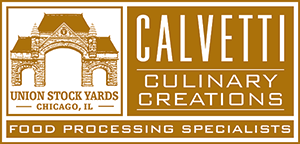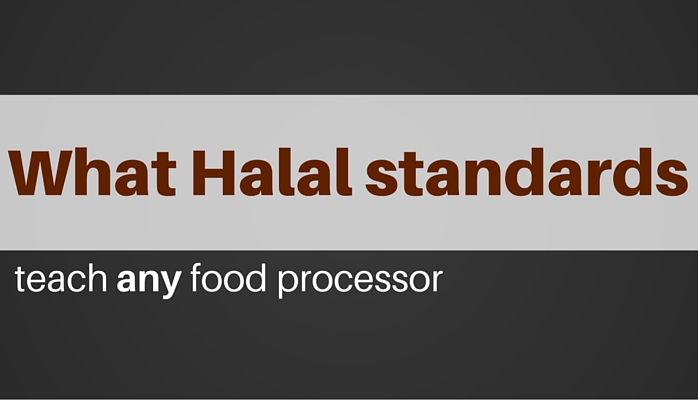This post was first published by Jamie Calvetti on LinkedIn
Over the years, I’ve traveled in predominantly Muslim countries for both work and leisure. Choosing to specialize in Halal meats had less to do with that and more to do with believing in responsible food production. It’s not only about being accommodating and catering to what others consider important, it’s also about making the business better all around.
The Halal Meat Industry In a (Wal)Nutshell
In order to be considered Halal, meat must meet a specific set of standards made for those who practice Islam. Without getting into specifics, Halal foods must avoid certain ingredient sources, types of slaughtering and additives.
As the Middle East becomes more regularly traveled to and from, Halal is becoming a much more common dietary consideration for menus. Airlines and hotels should be particularly aware of this. Of course, Halal food has a strong presence in the western hemisphere and is becoming more mainstream even among non-Muslims. Please make a stop to Halal street vendors in NYC if you haven’t yet.
This is important because catering to Halal standards has benefits for the whole food industry.
Requirements to Process Halal Meat
Besides being able to follow the strict guidelines, food processors must possess soft skills to confidently produce Halal products. For starters, companies must be be nimble and hands-on. Conforming to the laws require knowing where the ingredients came from, how they were processed before getting to you, additional and precise labeling, separate storage, and strong oversight.
To be capable of all this, a food processing facility must be educated, aware and invested from top to bottom. A company’s agility, culture and safety practices all come into play.
What Halal Standards Teach Meat Processors
Companies focused on mass-production are tempted to skip the finite quality control steps that ensure adhering to rules like Halal. Improving efficiency and profit margins does wonders for innovations in technology and process, but often these sacrifice niche security measures. Overly cautious approaches may seem old fashioned, but in the end it protects food quality and customers.
This kind of approach to food processing has applicable lessons to other areas. A huge topic in food production is allergies. No matter what you think about the increasing amount of food allergies, you simply cannot ignore this need for consumers. It’s important to a portion of the population, just like Halal is important to Muslims, and so the industry must comply with increasingly complex standards. The care taken to avoid cross contamination with allergens is adaptable to that for Halal meat processing. The motivation and the needs may be different, but if you’re good at one you have the capabilities to be good at the other. Look in the news for any number of headlines about recalls (for allergens, mislabeling, foreign objects, etc.) and you’ll notice that, oftentimes, the issue could have been avoided, nipped in the bud or reached smaller levels had stricter standards been in place.
This level of care and hands-on involvement turns out not only safer product, but better product. Consistency, ingredient sourcing, quality control and even corporate transparency all improve when dietary considerations are catered to appropriately. There are always the bad eggs who take shortcuts or even outright lie in order to get business, but they are the outliers. When food production shows true care, everybody benefits.

